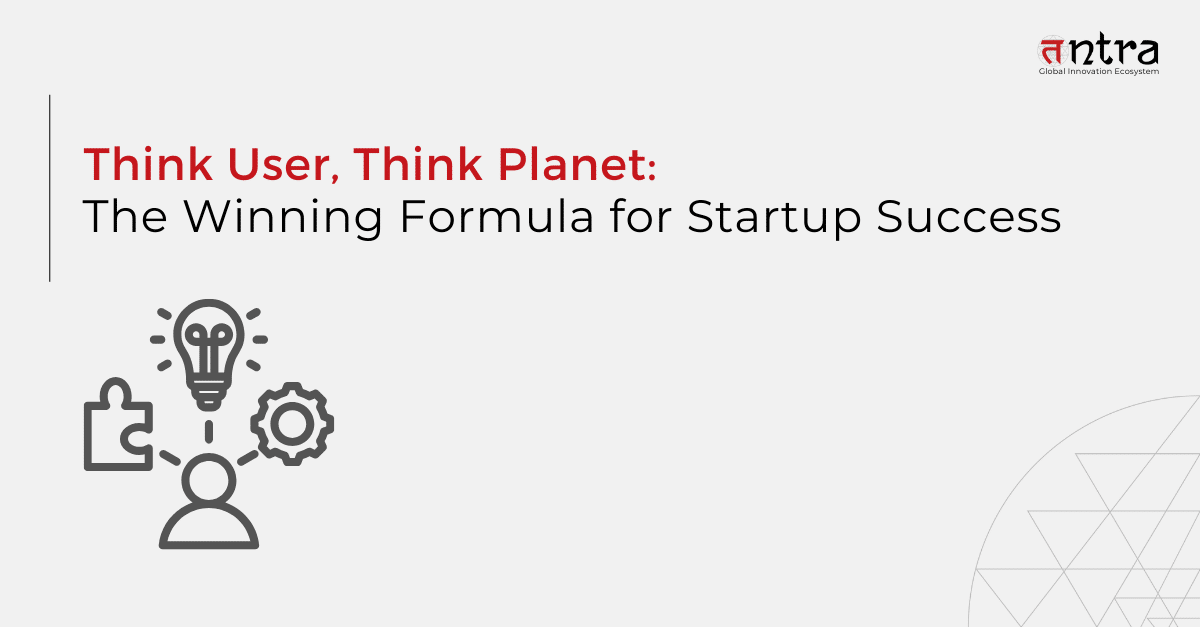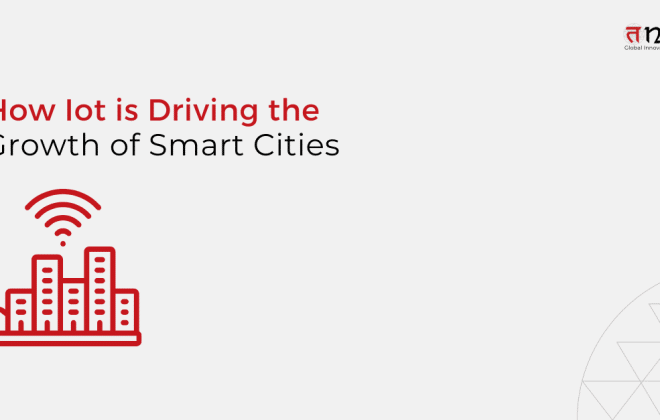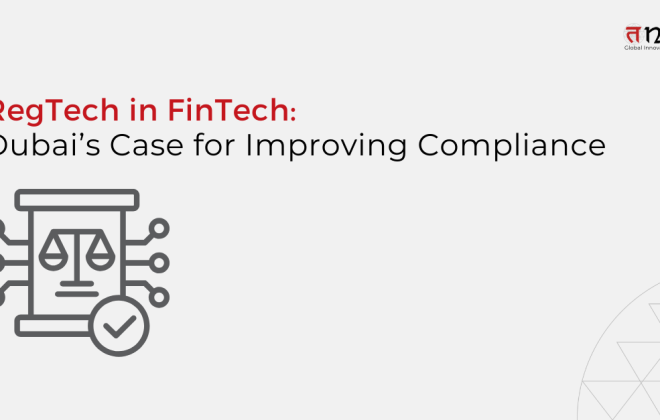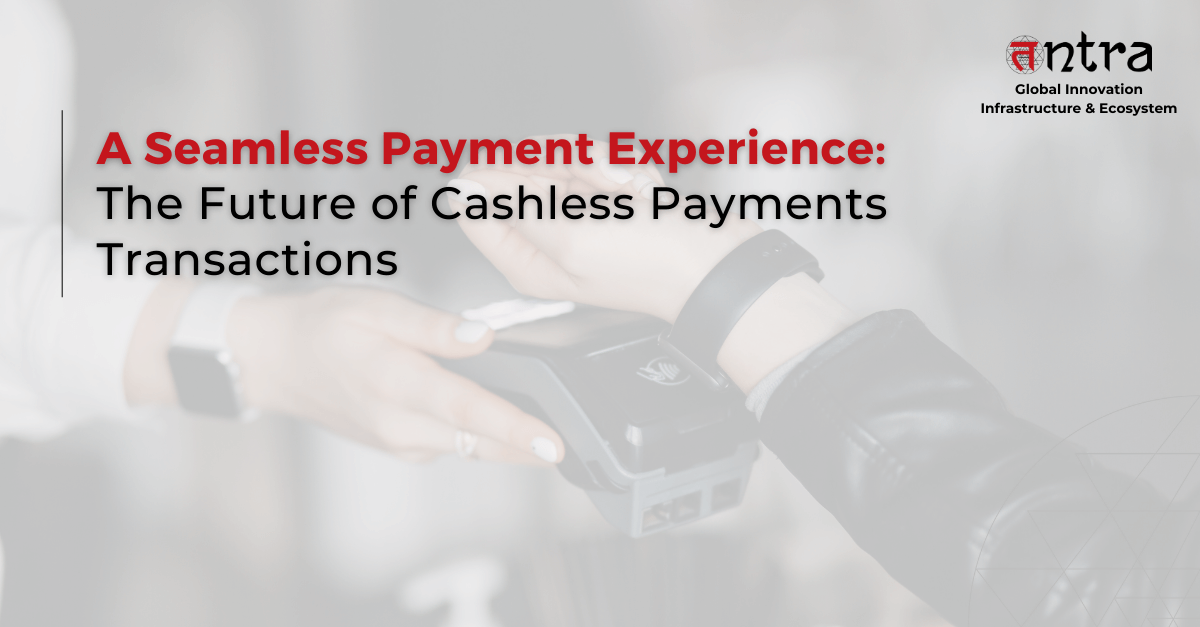
Think User, Think Planet: The Winning Formula for Startup Success
Table of Contents
ToggleForget fancy offices and million-dollar funding rounds – the real secret weapons for startups in today’s competitive world are User-Centered Design (UCD), Environmental, Social, and Governance (ESG) practices, and fostering vibrant digital communities.
While these concepts hold immense value individually, their combined power for building successful, sustainable startups that make a positive impact is undeniable. This article delves into the “what,” “why,” and “how” of User-Centered Design (UCD), Environmental, Social, and Governance (ESG) practices, and digital communities, empowering you to unlock their potential and build a thriving startup that resonates with your audience and contributes to a better world.
User-Centered Design (UCD): Putting the User at the Center
What is User-Centered Design (UCD)?
User-Centered Design (UCD) is an iterative, research-driven approach that prioritizes understanding and empathizing with your target users. It puts your users at the heart of everything you do, involving activities such as conducting in-depth interviews, observing real user behavior, and rapidly prototyping solutions based on their feedback. This process ensures that you’re not just building a product or business but crafting an experience that deeply resonates with your audience’s needs, wants, and pain points.
What problems does User-Centered Design (UCD) solve?
Traditional design approaches can often lead to products that miss the mark, resulting in:
- High development costs: Fixing usability issues late in the development cycle is expensive and time-consuming.
- Low user adoption and satisfaction: Frustrating or confusing products lead to user abandonment and negative feedback.
- Poor product-market fit: Launching a product nobody wants is a recipe for disaster.
How do you Implement User-Centered Design (UCD)?
User-Centered Design (UCD) is an ongoing process, but some key steps include:
- Conduct user research: Understand your target audience through surveys, interviews, and usability testing.
- Develop personas: Create representative profiles of your ideal users to guide your design decisions.
- Prototype and iterate: Quickly build and test low-fidelity prototypes to gather user feedback and refine your design.
- Gather ongoing feedback: Continuously measure and analyze user behavior to ensure your product remains relevant and satisfying.
The Benefits:
- Build products people actually want: Say goodbye to wasted time and resources on solutions nobody needs. UCD helps you validate your ideas and ensure you’re solving a real problem.
- Boost customer loyalty: Happy users become loyal advocates, spreading the word like wildfire. By understanding their needs and pain points, you craft an experience they love.
- Slash development costs: Fix usability issues early on, not when they break the bank. UCD’s iterative process helps you identify and address problems quickly and efficiently.
Examples of User-Centered Design (UCD) in action:
- Airbnb: Their user-friendly platform and focus on local experiences were born out of extensive user research and feedback.
- Slack: Their intuitive interface and focus on collaboration were designed based on understanding the needs of modern work teams.
- Duolingo: Their gamified approach to language learning was developed through iterative testing and feedback from users of all ages and backgrounds.
Tntra helps bring ideas to life, providing innovators and entrepreneurs with the necessary support and infrastructure. Read more.
Embracing Environmental, Social, and Governance (ESG): Building a Sustainable and Responsible Business
Why ESG? Because being responsible matters.
ESG is a strategic framework for building a sustainable and responsible business.
Think of it as a three-pronged approach:
- Environmental: This goes beyond your immediate operations. Minimize your carbon footprint, reduce waste, and use sustainable materials. Consider your supply chain and source responsibly. Every aspect of your business has an impact, and UCD can help you make a positive difference.
- Social: Treat your employees fairly, promote diversity and inclusion, and give back to the community. Engaged and empowered employees are more productive and innovative, while a positive community presence builds trust and brand loyalty. UCD can help you identify and address social issues within your company and beyond.
- Governance: Implement ethical business practices, ensure transparency, and hold yourself accountable to high standards of leadership. Strong governance builds trust with investors, employees, and customers. UCD can help you design clear communication channels and feedback mechanisms to ensure ethical decision-making and accountability.
What Problems does ESG Solve?
Ignoring ESG can lead to:
- Reputational damage: Environmental accidents, social injustices, or unethical business practices can lead to public backlash and loss of trust.
- Operational risks: Poor environmental management, lack of diversity, or weak governance can disrupt operations and lead to financial losses.
- Missed opportunities: Consumers increasingly choose brands aligned with their values, and companies with poor ESG practices risk losing market share.
How do you Implement ESG?
Integrating ESG into your startup involves:
- Defining your sustainability goals: Set ambitious yet achievable targets for reducing your environmental footprint and promoting social good.
- Promoting diversity and inclusion: Build a diverse team and foster an inclusive workplace culture.
- Prioritizing ethical practices: Implement strong governance structures, transparent decision-making, and robust compliance measures.
- Measuring and reporting progress: Regularly track your ESG performance and report transparently to stakeholders.
The benefits:
- Attract investors: They seek resilient, sustainable businesses, not ticking time bombs.
- Mitigate risks: Proactive approach minimizes environmental, social, and governance headaches.
- Win customers: Consumers care about their choices’ impact. Be the brand they proudly support.
Examples of ESG in action:
- Tesla: Their focus on electric vehicles and clean energy solutions aligns with their environmental commitment.
- Patagonia: Their dedication to ethical sourcing and environmental activism resonates with their socially conscious customers.
- Ben & Jerry’s: Their commitment to social justice and fair-trade practices strengthens their brand image and attracts values-driven consumers.
Building Digital Communities: The Glue that Binds
What are digital communities?
Digital communities are online spaces where people with shared interests, goals, or experiences connect, interact, and support each other. They can be forums, social media groups, online platforms, or any virtual space where meaningful connections are fostered.
Why are digital communities important for startups?
- Increased user engagement: Communities keep users connected and engaged with your brand beyond just using your product or service.
- Valuable user feedback: Communities provide a platform for direct feedback, helping you understand user needs and improve your offerings.
- Enhanced brand loyalty: Engaged community members become brand advocates, promoting your startup to their networks and boosting brand awareness.
- Organic customer acquisition: Active communities attract new users interested in the shared values and experiences your brand fosters.
- Cost-effective marketing: Communities help build relationships with customers organically, reducing reliance on expensive traditional marketing methods.
- Talent acquisition: Strong communities showcase your company culture and values, attracting talented individuals who resonate with your mission.
How to build a thriving digital community:
- Define your community goals: Align your community with your overall business objectives and target audience.
- Choose the right platform: Select a platform that aligns with your target audience and fosters the type of interactions you desire.
- Encourage meaningful interactions: Design prompts, discussions, and events that spark valuable conversations and build connections.
- Recognize and reward participation: Acknowledge and appreciate active members to encourage continued engagement.
- Foster a positive and inclusive atmosphere: Moderate effectively to ensure respectful and inclusive communication within the community.
- Leverage data and feedback: Analyze community activity to improve your product, service, and overall community experience.
Examples of successful businesses built on top of their communities:
- Canva: This online graphic design platform fostered a vibrant community of designers and content creators through tutorials, contests, and challenges. This helped them acquire users organically and receive valuable feedback for product development.
- Patreon: This platform enables creators to connect directly with their fans and receive ongoing financial support. Creators build communities around their work, offering exclusive content and rewards to patrons. This fosters loyalty and financial sustainability for creators.
- Discord: This chat platform caters to gamers and other online communities, offering voice chat, text channels, and custom features. Discord servers provide a central hub for communities to connect, interact, and organize activities, fostering a strong sense of belonging and engagement.
- Duolingo: This language learning app gamifies the process and integrates a vibrant leaderboard and forum system. Users compete, motivate, and support each other, creating a fun and engaging learning experience that fuels user retention and growth.
- Airbnb: This hospitality platform relies heavily on its community of hosts and guests. Hosts build connections with travelers, offering unique experiences and fostering cultural exchange. This community-driven approach differentiates Airbnb from traditional hotels and contributes to its success.
- Strava: This fitness app gamifies exercise and leverages social features to motivate users. Leaderboards, challenges, and group activities incentivize healthy competition and create a sense of community among athletes of all levels.
- Skillshare: This online learning platform connects creators with learners interested in various skills. Instructors build communities around their courses, fostering engagement, feedback, and support for ongoing learning and skill development.
- Twitch: This live streaming platform caters to gamers and creators, allowing them to build communities around their content. Viewers can interact with streamers in real-time, creating a sense of connection and shared experience. This drives viewership, subscriptions, and ultimately, streamer income.
Remember, building a thriving digital community takes time and effort, but the rewards are numerous and long-lasting.
The Power of UCD + ESG + Digital Communities: A Winning Trifecta
What can you achieve with UCD, ESG, and digital communities?
By embracing this powerful combination, you can:
- Build a brand with purpose: Create a brand that resonates deeply with your target audience, contributes positively to the world, and fosters a sense of belonging through an active and engaged online community.
- Attract and retain talent and customers: Top talent and values-driven customers seek employers and brands that align with their values. Demonstrating your commitment to UCD, ESG, and community building attracts and retains the best people who become passionate advocates for your brand.
- Future-proof your business: By addressing environmental, social, and governance issues proactively, building a user centric product, and fostering a vibrant online community, you build a resilient business model that can thrive in a changing world, adapt to user needs, and build long-term loyalty.
Embrace UCD:
- Conduct user research: Understand their needs, wants, and pain points.
- Gather feedback: Iterate based on real user experiences.
- Prototype rapidly: Test and refine solutions quickly and efficiently.
Champion ESG:
- Set sustainability goals: Reduce your environmental footprint and embrace renewable energy.
- Promote diversity and inclusion: Build a strong, representative team for innovation and growth.
- Prioritize ethical practices: Operate with transparency and integrity to build trust and loyalty.
By putting users and the planet first, you not only create a winning formula for startup success, but it also leaves a positive impact on the world.
By combining the power of UCD, ESG, and vibrant digital communities, you can create a startup that not only survives, but thrives, makes a positive impact, and leaves a lasting legacy.
Start your journey today! Embrace user-centered design, prioritize environmental and social responsibility, and foster a welcoming digital community. Watch your startup blossom into a force for good, attracting loyal users, talented employees, and making a real difference in the world.
Transform your enterprise with Tntra’s patented Methodologies and build products efficiently across domains. Get in Touch Now!!





